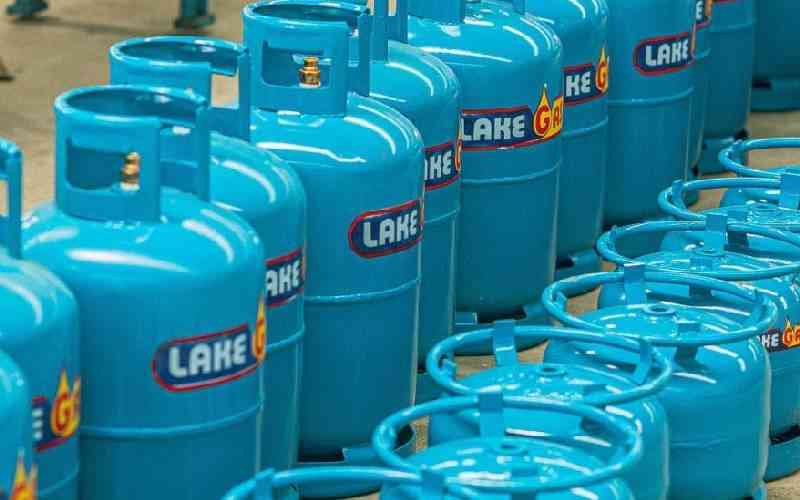×
The Standard e-Paper
Informed Minds Prefer The Standard

Cooking gas firm Lake Gas has defended the quality of its first bulk consignment of imported cooking gas, insisting it meets the required quality and safety standards.